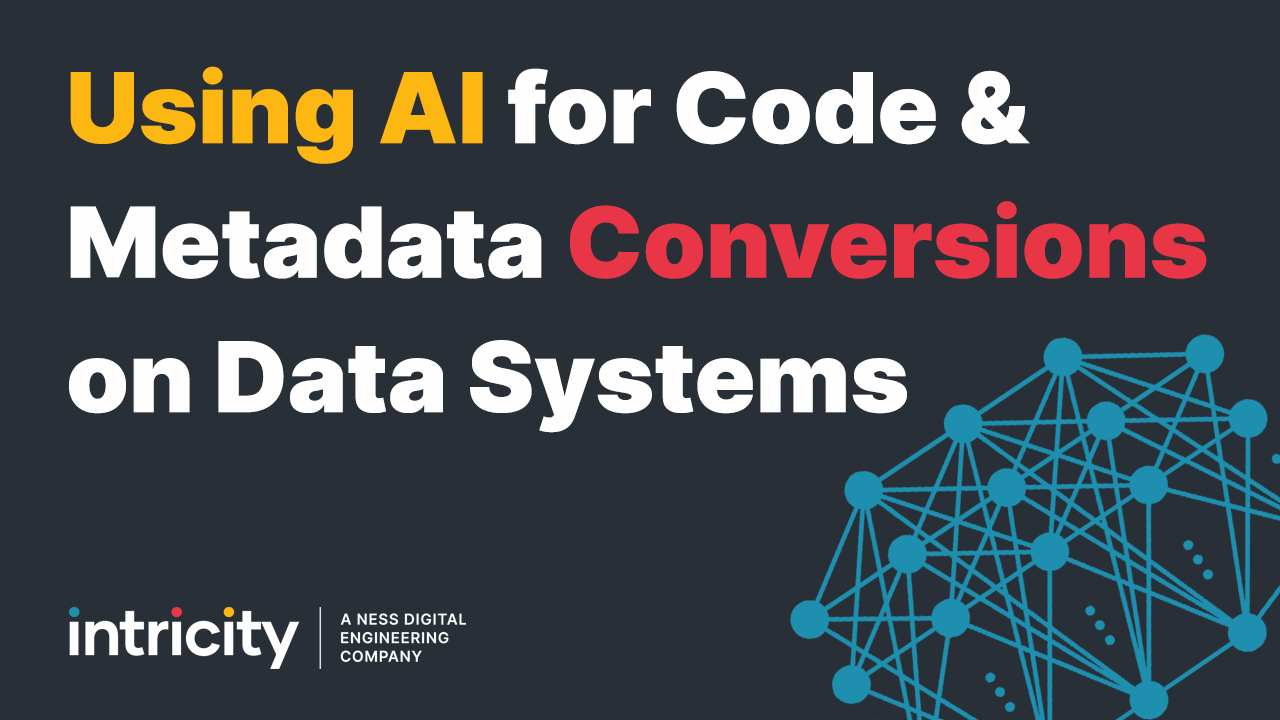This video outlines some of the benefits of implementing a data warehouse.
Related Whitepaper: Data Warehouse vs Master Data Management
Text from the Video:
Often I’m placed into situations where I need to explain the role of a data warehouse, and how an organization can benefit from it’s use.
So to answer this, let’s approach each problem we commonly see Data Warehouses addressing.
First, lets talk about where you’re data is being stored. If you trace the data back to the moment it got created, you’re likely to find a person in your organization putting that data in. Whether it’s an account, or a sales rep, or even a line worker. Those applications that those people are using are specifically designed to take in one record at a time.
Now when you need to know how you performed last Quarter, you need the application to cough up a lot of data. Possibly millions of rows. If you made that request during the middle of the day, chances are you’d cause all the users of the application to get something like this. [busy] And even if you were able to ask for those millions of rows, you might as well go take a day off to let it process. Remember these application databases were designed to take in one row at a time, not to cough up millions of rows.
Second: Nearly every organization has more than one data source. There are accounting systems, operations systems, Sales Management Systems, and the list goes on and on. But if you zoom back wouldn’t you agree that all of these systems work towards a common cause. I mean, Doesn’t the body of these systems represent a collective goal, strategy, or mission statement?
But in practice, without integrating this data, you essentially have a series of organizational silos. And producing meaningful correlations between these silos is not only inefficient, but also full of one-off mistakes.
That brings us to our 3rd point. And that is… You’re doing it anyway. If you think about it, because these systems represent a single organization with a single goal or mission statement, somebody in the organization is having to play the role of bringing this information together when the data needs to be refreshed. And sometimes this somebody is more often an army of siloed employees.
This is a good time to reinforce our second point. This army of siloed employees bringing data together for their own purposes doesn’t just end there. This is the information that’s getting bubbled up to management. And leads to those infamous meetings where nothing gets done because everybody has their own version of the truth.
So you can start to see that a data warehouse is really a way for the organization to accurately identify itself. Not as a series of independent silos but more as a cohesive operation. Additionally, you’ll notice that data warehouses have centralized logic, which reduces the need for manual data integration. This gives that army of siloed employees the answers they need without each one inventing their own way of gathering the data. In turn, management comes to meetings ready to address problems, because they can agree on what the data is saying.
Intricity specializes in the implementation of Data Warehouses. I encourage you to speak with one of our specialists. Furthermore if you’re looking for a trusted service partner, I recommend you speak with Intricity’s customers. A high percentage of Intricity’s Data Warehousing practice is generated through their enthusiastic endorsements.
--Jared Hillam, EIM Practice Director


